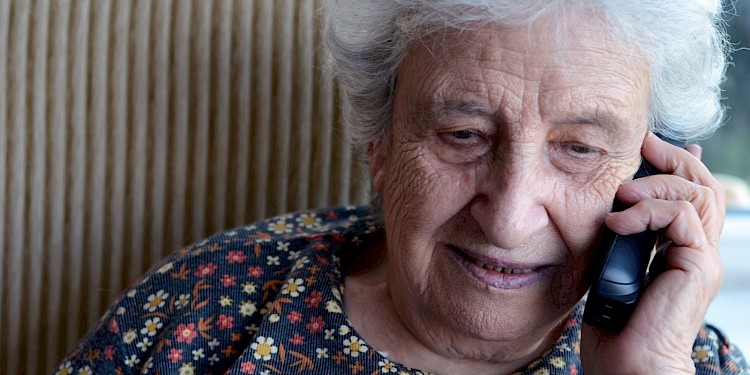Society has changed for the better for many LGBT+ people in recent years, so it can be easy for us to forget the challenges and discrimination that older LGBT+ people experienced. For older people the memories remain, and their experiences may have had a significant impact on their lives, their mental health and their family and social relationships. Historically, being LGBT+ has been associated with a culture of secrecy and shame; for some older people it can be very difficult to embrace or even accept their LGBT+ identity. As a rainbow call companion, you and the older person you are matched with can discuss anything that you’re both happy to, but it may be helpful to be aware of recent LGBT+ history in the UK. This list is by no means exhaustive, but offers some examples of things that older LGBT+ people may have experienced:
- Same-sex activity between gay and bisexual men was illegal until 1967 (in England); people lived in fear of being caught, losing their jobs, their families or even their freedom simply for being their true authentic selves. Many men still have criminal records as a result – it was not until late 2021 that amendments to the police, crime, sentencing and courts bill were proposed that would allow men to apply to have those convictions disregarded and pardoned.
- Until the 1980s, unmarried women had difficulty getting access to things we now take for granted. They needed a man's signature on various contracts, from rental agreements and mortgages to bank accounts and credit cards. The assumption was that their husbands would be paying for everything, and women without husbands had to rely on father or brothers. For two women wanting to set up home together, the support of family members wasn't a given. Women who came out later in life often had their children taken away from them - even in instances where the father was absent, children could be taken into local authority care.
- Bisexual people of all genders have often been treated as “outsiders” - many have reported feeling that they are “not gay enough for the gay community and not straight enough for the straight community”, while others experience having their identities doubted or negated as “just a phase” or “just being greedy”.
- It wasn’t until 1992 that the World Health Organisation declassified same-sex attraction as a mental illness. The aids crisis of the 1980s created a great deal of stigma surrounding the LGBT+ community. This was aimed particularly at men who have sex with men, but had a negative impact on all the LGBT+ community, many of whom lost friends and loved ones.  It also resulted in many inequalities, including rules preventing gay and bisexual men from donating blood – these weren’t changed until 2021.
- In 1988, the government passed Section 28, which banned local authorities from ‘promoting homosexuality’ or ‘pretended family relationships’ and thus prevented the discussion of LGBT+ issues in schools. It was not repealed until 2003; research has shown that those LGBT+ people who were teachers at the time continued to feel less comfortable with their sexuality 30 years later.
- The rights of trans people were not addressed by law until the gender recognition act of 2004 (April 2005), which gave trans people full legal recognition of their gender, allowing them to acquire a new birth certificate. For many older trans people, this has resulted in them living their lives with their gender identities not being understood or even acknowledged.
- There is currently a lot of anti-trans rhetoric in the UK media coming from both outside and within the LGBT+ community. For more information on this, please visit the link: The truth about trans (stonewall.org.uk).
The next part of the training will provide you with tips to consider when making calls to older LGBT+ people.
